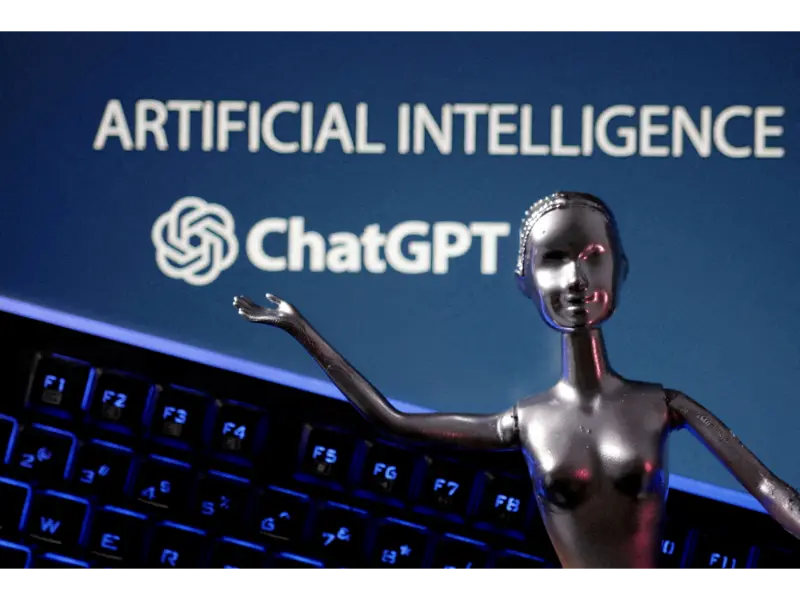- The Italian Data Protection Authority (DPA) found that OpenAI’s ChatGPT violated regulations regarding personal data collection and age protection, raising concerns about privacy infringement and age protection.
- Italy took decisive action by blocking ChatGPT and demanding that OpenAI address the issues. This highlights the importance of strict compliance with data protection regulations in the development and deployment of artificial intelligence technologies.
The Italian Data Protection Authority (DPA) has recently announced that OpenAI’s ChatGPT, an artificial intelligence-powered chatbot, has been found to breach data protection rules, sparking concerns over privacy violations and age protections.
Italian watchdog’s findings
Italy’s DPA conducted an inquiry into ChatGPT’s operations and identified violations related to the collection of personal data and age protections. The watchdog emphasized its firm stance on data protection, highlighting the need for compliance with EU’s General Data Protection Regulation (GDPR).
Regulatory action and concerns
Italy took a decisive step in March 2023 by blocking ChatGPT due to privacy concerns, making it the first Western country to do so. The product was later reinstated after OpenAI claimed to have addressed the issues raised by the DPA. However, the recent findings indicate persistent data privacy violations, raising concerns about the mass collection of user data and potential exposure of younger users to inappropriate content generated by the chatbot.
Enforcement and collaboration
Under the GDPR, companies found in violation of data protection rules can face fines of up to 4% of their global turnover. Italy’s DPA collaborates with the European Data Protection Board to monitor ChatGPT closely, ensuring compliance with regulatory standards.
Industry context and response
OpenAI, the maker of ChatGPT, has close ties with tech giant Microsoft, which has heavily invested in the company. This development adds to the broader conversation around the responsible use of AI technology, especially as Microsoft integrates AI into its popular products such as Bing search engine and Office 365 apps.
Also read:Elon Musk denies xAI funding speculation, says not seeking capital
Key concerns and next steps
The Italian regulator has stressed the importance of implementing an age verification system and conducting an information campaign to inform users of their rights regarding data processing for training algorithms. OpenAI has been given 30 days to respond to the alleged breaches, and the company’s next steps will be closely monitored by the authorities.
As the debate around data privacy and AI regulation continues, the findings from Italy’s DPA highlight the critical need for robust safeguards and compliance measures in the development and deployment of AI-powered technologies like ChatGPT. The outcome of this case may set important precedents for the responsible use of AI and data protection across the industry.

